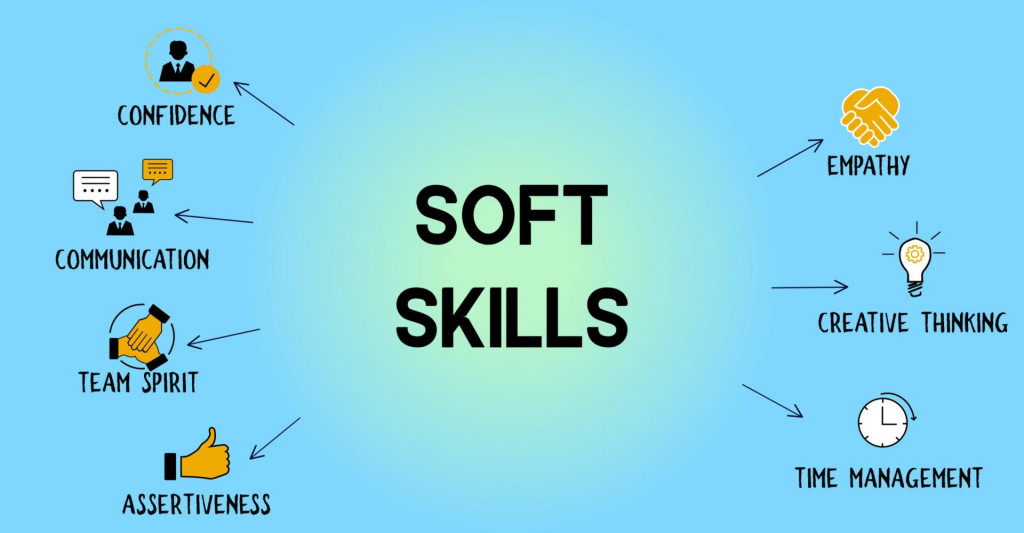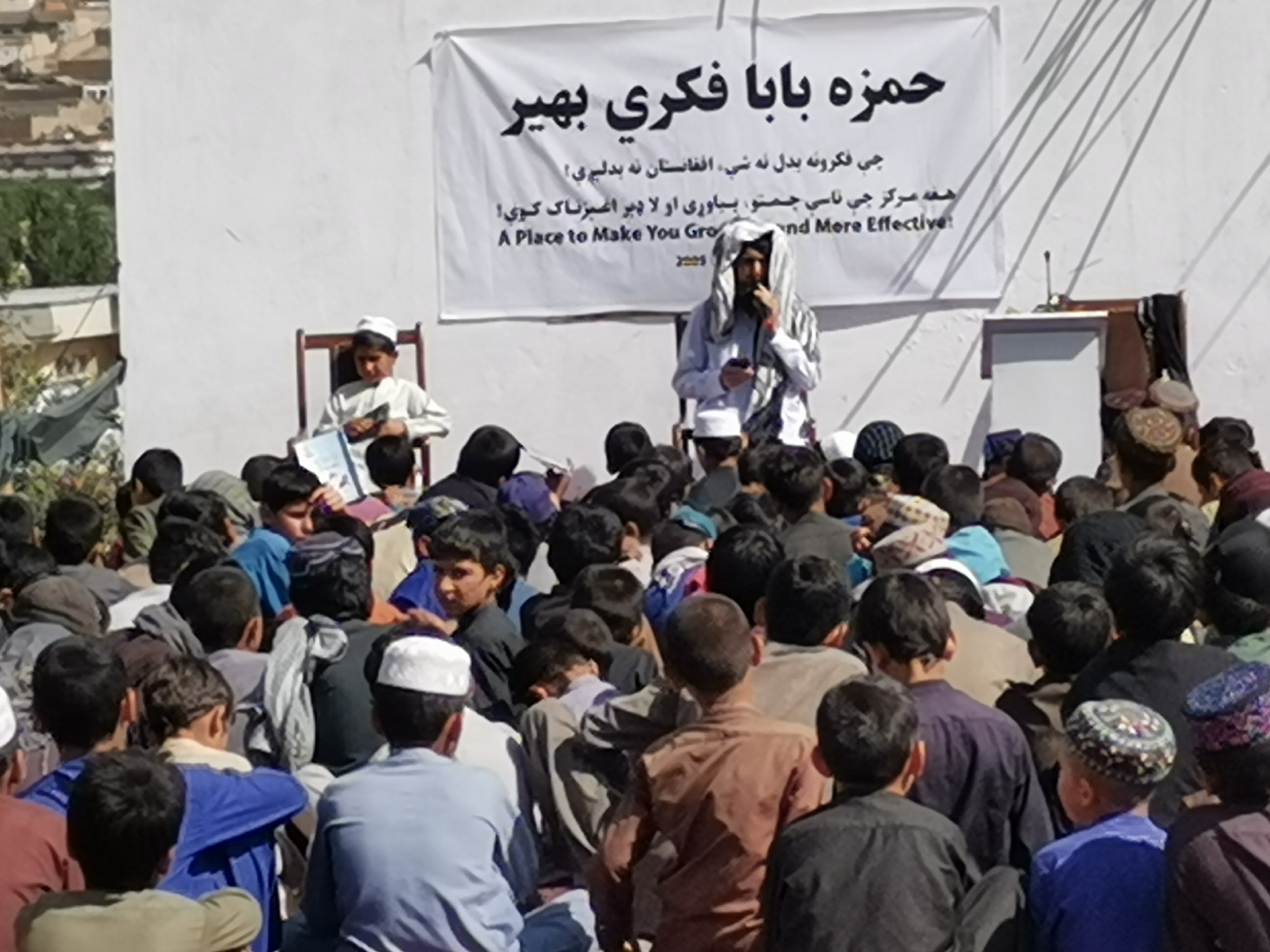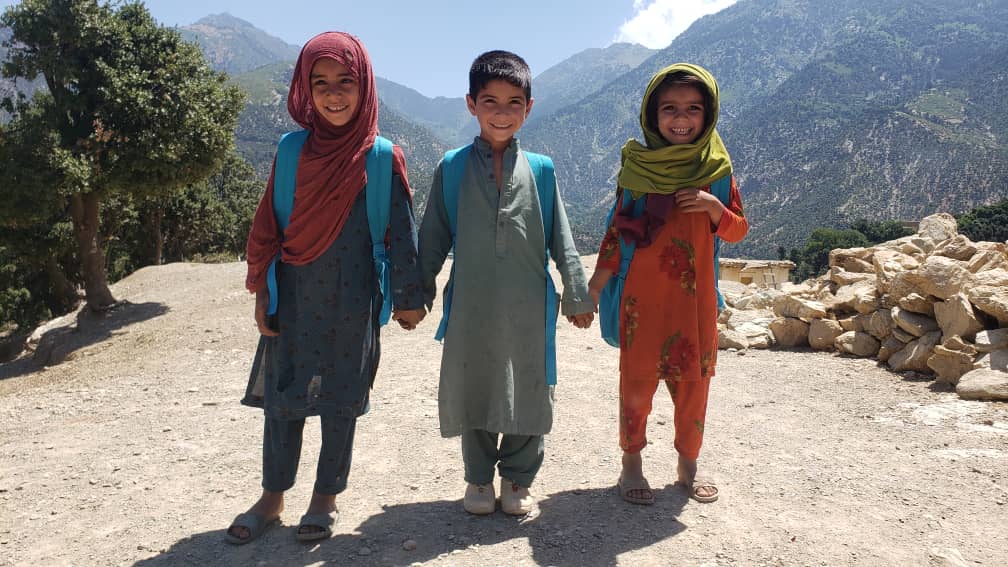Soft skills and life skills training
Start Date2023-01-01
End Date2026-01-31
LocationKabul
StatusOngoing
Soft skills and life skills training focuses on developing interpersonal, social, and cognitive abilities that enhance both personal and professional success. These skills are crucial for effective communication, teamwork, problem-solving, and navigating daily life and the workplace. While hard skills are technical and job-specific, soft skills are transferable and relate to personality and behavior.
Soft Skills Training:
Focus:
Develops abilities such as communication, teamwork, problem-solving, and emotional intelligence.
Examples:
Active listening, conflict resolution, critical thinking, adaptability, and leadership.
Benefits:
Improves interpersonal relationships, enhances workplace collaboration, and boosts career prospects.
Life Skills Training:
Focus:
Equips individuals with the skills to manage daily life, make informed decisions, and cope with challenges.
Examples:
Self-awareness, empathy, stress management, decision-making, and critical thinking.
Benefits:
Increases self-confidence, improves well-being, and enhances personal and professional success.
Relationship Between Soft Skills and Life Skills:
Overlap:
Many soft skills are also considered life skills, as they are valuable in both personal and professional settings.
Complementary:
Soft skills and life skills complement each other, as strong communication and emotional intelligence can enhance one's ability to manage daily life and build successful relationships.
Importance:
Developing both soft and life skills is essential for overall well-being, academic success, and career advancement.
Examples of Training Activities:
Group discussions: Facilitate communication, collaboration, and problem-solving.
Role-playing: Practice interpersonal skills and conflict resolution.
Case studies: Analyze real-life scenarios and develop critical thinking skills.
Workshops: Provide structured learning experiences on specific soft skills or life skills topics.


